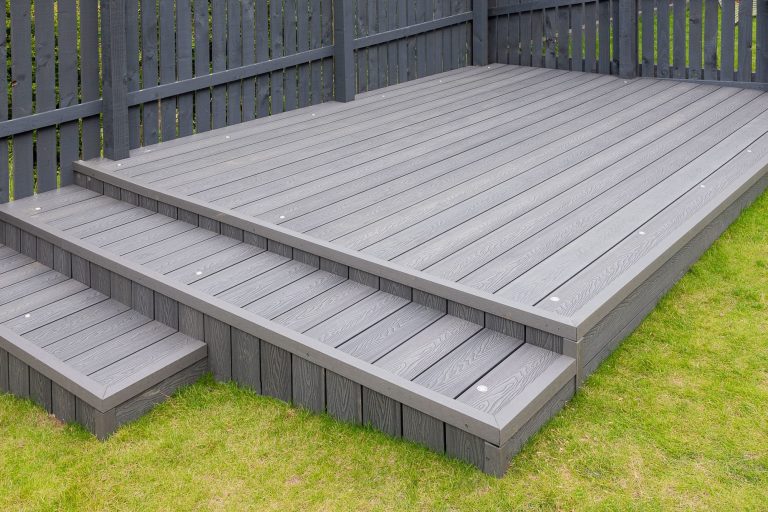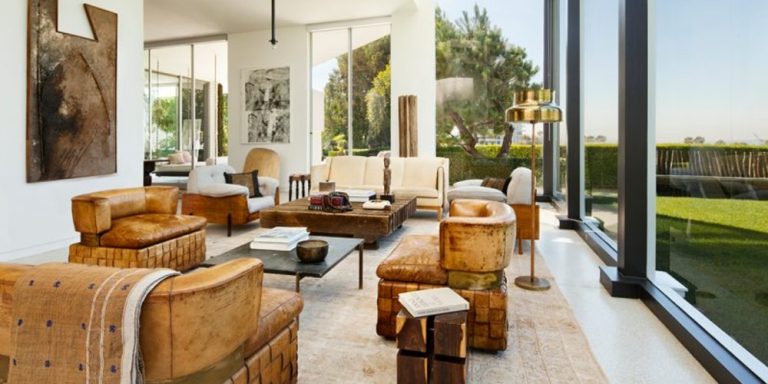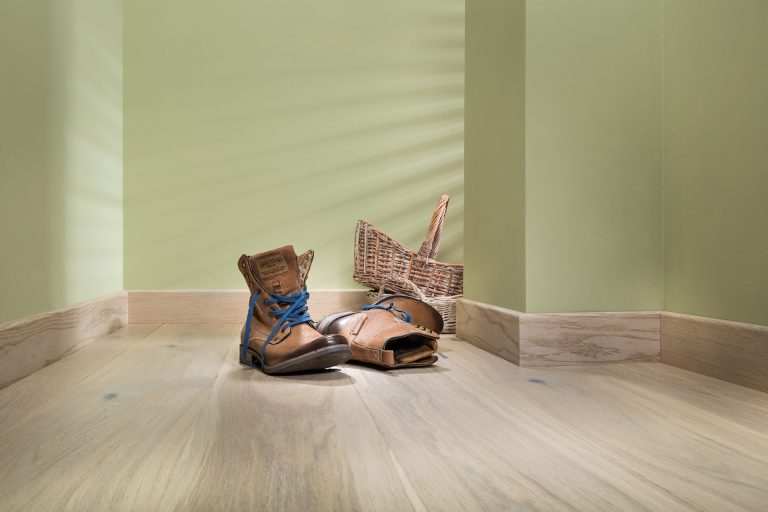The sun is a powerful source of energy in the form of light. The sun is responsible for around 16% of the earth’s total energy production. You can also use this energy to help you with your indoor planning. The sunroom is an ideal addition to your home that provides a space to enjoy some natural sunlight during the day. Although it might seem a little daunting at first, adding a sunroom to your home isn’t as complicated as you think. The following article will help you learn everything you need to know about to add a sunroom to your home, from planning to finishing touches.
A sunroom can provide you with a peaceful place to relax, be friendly with friends and family members or even give your kids the benefits of the sun while they play indoors. When you add a sunroom to your home, you’ll no longer have to worry about the risk of indoor air pollution that comes from a lack of sunlight. Instead, you’ll be able to enjoy some sunlight throughout the day, contributing to a healthier lifestyle.
Adding a sunroom is relatively inexpensive, with most DIY projects costing less than $10,000. However, different features and materials can make the cost rise slightly. If you think about it in terms of value for money, then adding a sunroom will enrich the value of your house by giving you more daylight in your living space. Given that added value alone will mean higher selling prices on houses down the line, it’s easy to see how adding this feature to your home will help boost its overall worth and improve its resale potential.
If you plan to build a new home or improve an existing one with additional spaces and features, then adding a sunroom to your home is essential.
Key Points about Adding a Sunroom to Your Home:
When planning for the addition of a sunroom, it’s essential to make sure that your chosen space can provide a suitable amount of light. It would be best to consider how much sunlight is present in the area where your sunroom will be located. The room doesn’t need to be significant for an adequate amount of the sun to fall on your space, but if the existing site isn’t well lit, you might want to think about enlarging it.
When choosing a material for your sunroom, you should look at factors such as cost and durability. Try not to pick cheaper materials unless they are made from recycled and recyclable products, as these tend not to last as long as their original counterparts. You should also make sure that the flooring or floor covering for your sunroom is fire retardant and waterproof to provide insulation against the heat from the sunshine during the summer months or water from any rain that might occur during the winter months.








